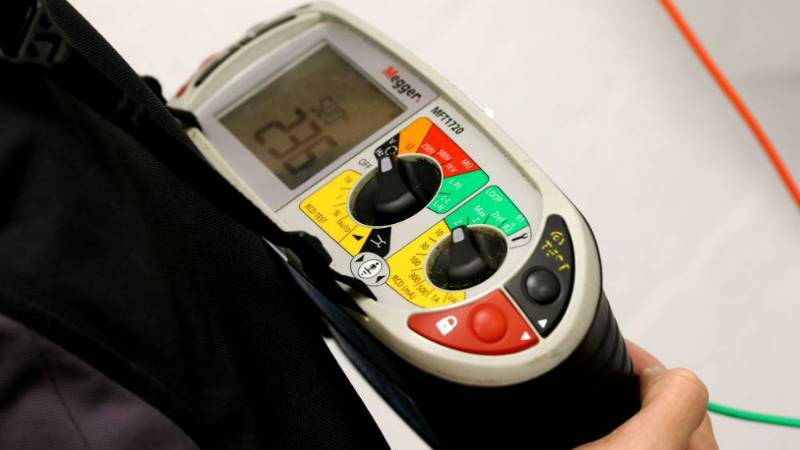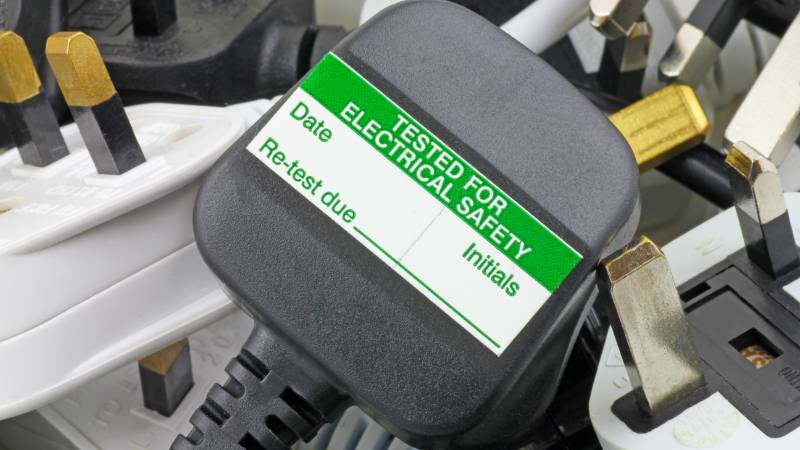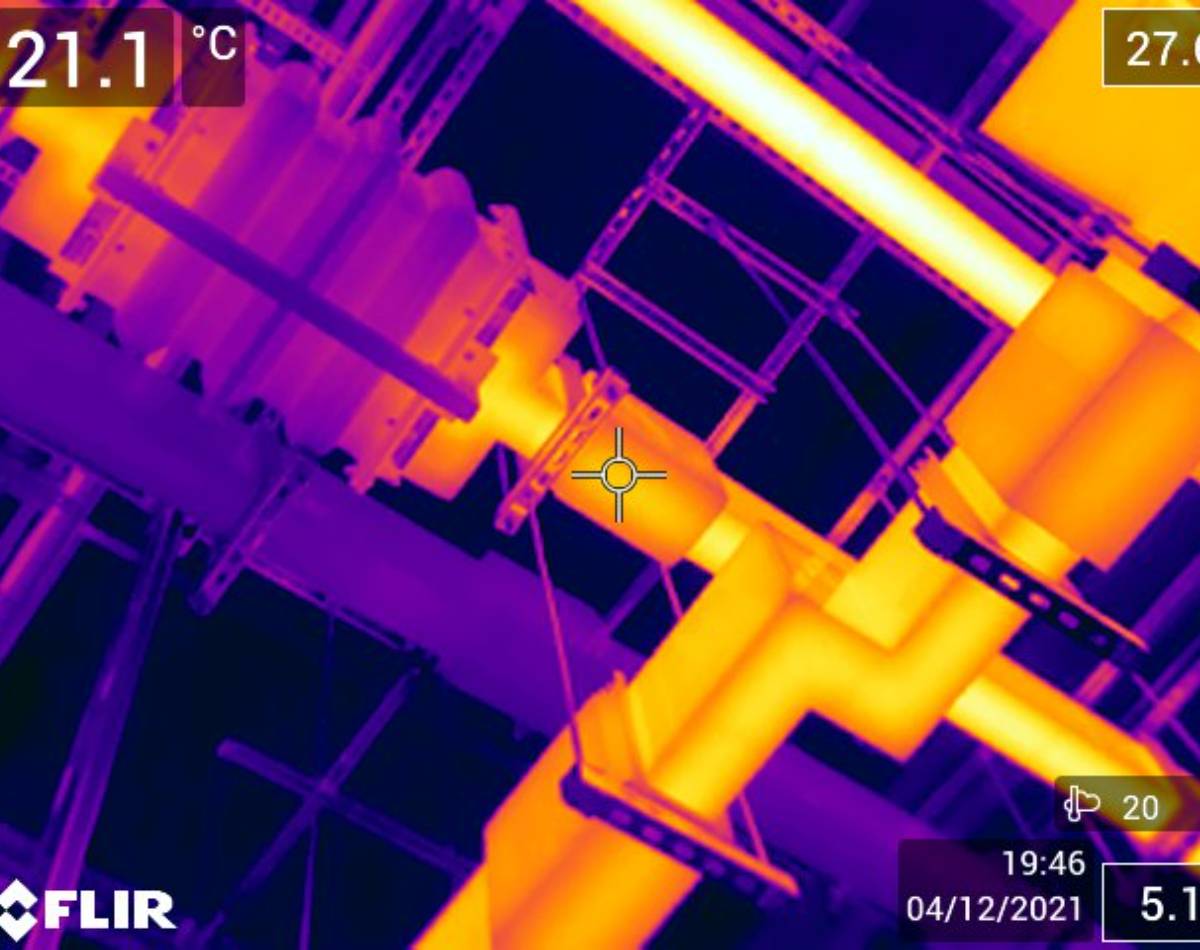Electrical Compliance Testing In Schools – EICR and PAT Testing
Creating a Safe School Environment: The Importance of Electrical Safety Ensuring a secure and healthy school environment fosters student development and staff wellbeing. Schools must prioritize creating an atmosphere that guarantees safety and security for all. This not only aids in students' personal growth but also supports the faculty and staff in maintaining a peaceful and risk-free workspace.Beyond safeguarding against external threats like burglaries or vandalism, it's equally critical to address internal safety concerns, such as electrical safety. Regular maintenance of electrical systems reduce the risk of accidents, making the school a safer place for everyone. Understanding Common Electrical Hazards in Schools Schools depend heavily on electrical systems for day-to-day functions from lighting and heating to powering essential equipment like servers. However, the importance of these systems comes with a responsibility to ensure their safety and reliability. Unaddressed, electrical hazards can pose significant risks including outdated systems, damaged cables, electric shock and malfunctioning equipment. These issues can lead to accidents, jeopardizing the safety of students and staff. Regular electrical testing are vital in identifying and mitigating these risks. The Necessity of Electrical Testing in Educational Settings Electrical testing and compliance plays a pivotal role in maintaining a safe school environment....







